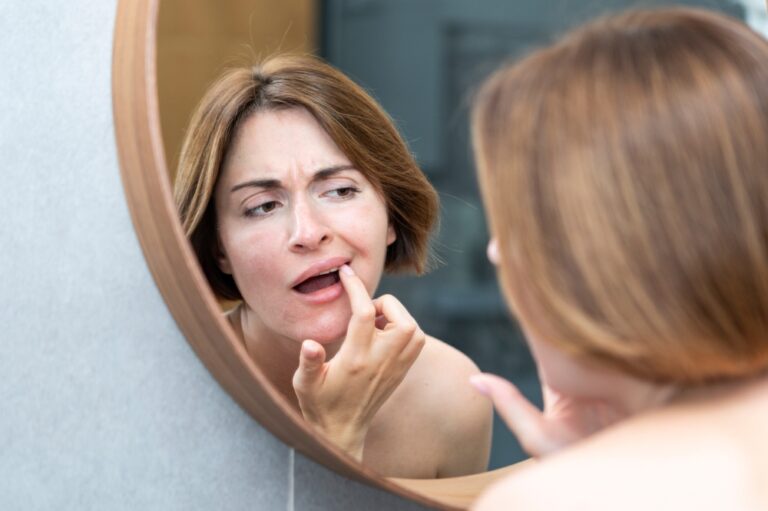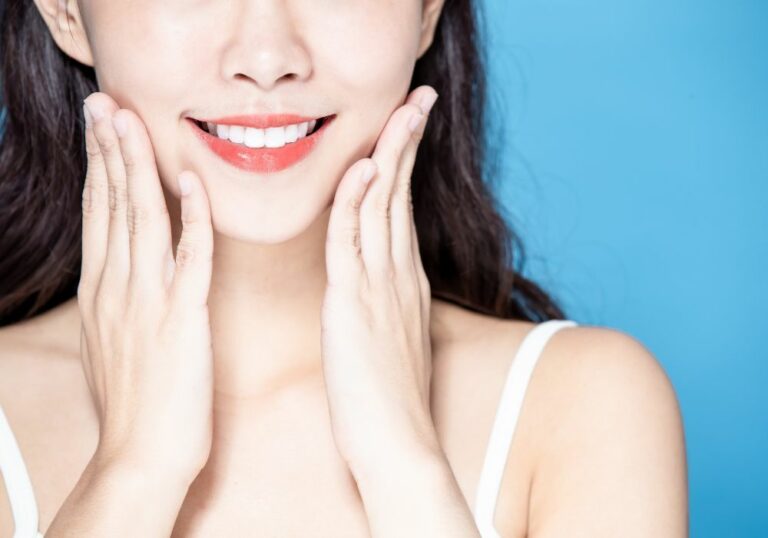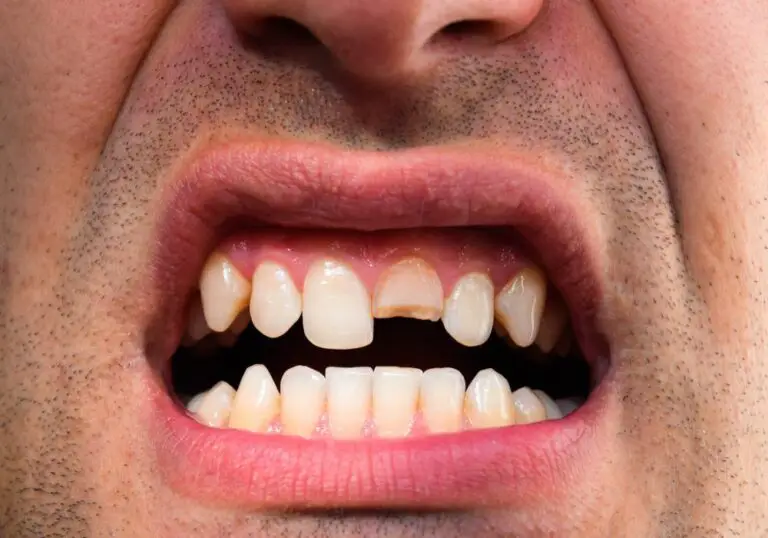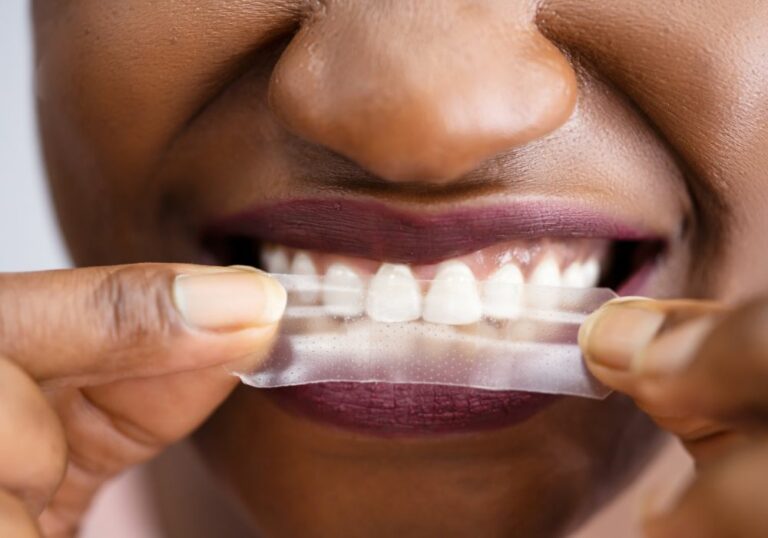If you’re between 18 to 25 years old and are planning to remove or have recently removed your wisdom teeth because of the pain, discomfort, and other dental problems they caused, one question you’ve probably asked is, when can I eat bread after wisdom teeth removal?
Experts advise waiting at least three to five days after wisdom teeth extraction before eating bread, depending on your recovery rate. Chewing heavy solids like bread will cause pain right after your extraction, so, it is best to start with soft food and liquids because they are easier to chew.
When you eventually start incorporating solid foods like bread back into your diet, ensure it is soft and non-crunchy. These are easier to chew.
In this article, in addition to providing you with a time when to eat bread after wisdom teeth removal, we’ll also guide you on what to eat and what not to eat after wisdom teeth removal.
How Soon Can I Eat Bread After Wisdom Teeth Extraction?
As mentioned earlier, your recovery rate will determine how soon you can start eating bread after the extraction. You can start with soft bread if the pain significantly subsides in a day or two. However, to be safe, experts generally advise waiting longer.
If your recovery rate is slow and you can still feel pain where the stitches are, you might have to wait a week or even more before eating solids like bread. When you eventually start eating bread, try to avoid using the extraction site to chew, as this can deter your recovery and cause complications.
Recovery Timeline For Wisdom Teeth Extraction
Here’s a brief timeline to help you gauge your recovery rate and determine how soon it is safe for you to start eating solids;
- Day One: Wisdom teeth extraction is usually an outpatient procedure that doesn’t require you to spend the night at the hospital. After the procedure, your mouth will feel numb as the anesthesia wears off. At this stage, you should only stick to soft and mushy food. You will most likely have a weird aftertaste in your mouth from the procedure, so food intake should be limited. It will also help to wait until the anesthesia wears off before eating anything.
- Day Two to Four: Within this period, the mouth swelling might even worsen. However, you can eat soft food that is easy to chew. This includes soup, broth, pudding, ice cream, and the like.
- Day Five to Fourteen: For most people, day five is when their symptoms have dissipated. At this stage, you can slowly start incorporating solid food into your diet. This is when it is also safe to chew bread. However, be careful not to eat hard food like popcorn, nuts, and things that could reopen the extraction site.
Even though you stick to your dentist’s rules and instructions, you may sometimes encounter complications from eating bread or crunchy food too early after wisdom teeth extraction.
How to Eat Bread After Wisdom Teeth Extraction?
When you eventually start incorporating bread into your diet again, it is best to stay away from excessively dry and crunchy bread and stick to soft and mushy bread. Here are some guidelines to keep in mind when preparing the bread for consumption;
- Cut the bread into smaller chunks or slices, do not take huge bites as this will be more difficult to chew.
- Stay away from dry toast and crusty bread. Instead, it would be best if you opted for soft, plain bread, which you can chew using the non-affected side of your mouth. You can also eat soft bread like zucchini, banana, or pumpkin bread.
- To make the bread as soft as possible, dip it in any liquid or beverage you choose before consuming it.
- Regulate the amount of bread you eat. Your body is in recovery and needs more nutrients and vitamins. So, consider balancing your diet with lots of steamed fruits and vegetables.
What Will Happen If I Eat Bread Immediately After Wisdom Teeth Extraction?
While it is not a common occurrence, complications can happen if you introduce solid foods into your diet too early. Because the anesthesia wears off after a few hours, the extraction site will no longer be numb, and you are still likely to feel pain even a few days after.
If you start eating bread while the pain level is still high, you will only make it worse. Bread is a chewy solid that will put pressure on the site and delay your recovery. Sometimes, chewing solid foods might trigger pain again, even when the pain seemingly subsides. As such, you should consult your doctor before making diet changes.
Apart from pain, infections can also occur if you start eating bread too early on. If pieces of bread get stuck in the extraction site, it can lead to a buildup of bacteria which, in turn, will trigger an infection.
- High temperature accompanied by fever or chills.
- Frequent and uncontrollable jaw muscle spasms.
- Persistent bleeding from the extraction site that lasts more than the first 24 hours.
- Secretion of pus from the affected area.
- Bad taste in the mouth.
- Foul odor from the mouth.
Besides increased pain and infections, some other complications that could arise after a wisdom tooth extraction include nerve damage, dry sockets, skin rash, shortness of breath, lightheadedness, increased heart rate, and others.
The minute you notice any of these symptoms, you must contact your doctor. Any delay and you’re putting your health at risk. Infections and complications can quickly become lethal and should not be taken lightly.
Foods to Eat After Wisdom Teeth Extraction

To ensure you’re contributing positively to the healing process, here’s a list of foods you are encouraged to eat after your wisdom teeth extraction;
- Smoothies
- Mashed potatoes
- Chicken soup or soups of any kind
- Ice cream
- Apple Sauce
- Cottage Cheese
- Milkshake
- Jell-O
- Scrambled eggs
- Yogurt
- Pudding
- Avocadoes
- Oatmeal
- Pureed vegetables
- Soft, seedless fruit
- Soft fish or other protein
Foods You Should Not Eat After Wisdom Teeth Extraction
Certain foods not only aggravate the pain but also irritate the extraction site. Your oral surgeon will give you a list of the foods you should stay away from. They include acidic drinks, spicy food, hot food, and hard food. Here are some examples;
- Citrus juice
- Rice
- Quinoa
- Popcorn
- Bagels
- Chips
- Raw vegetables
- Muffins
- Toast
- Sticky food with honey, caramel, or heavy cream sauces.
- Gum
- Sugary drinks
- Tough meat
- Beef jerky
How To Speed Up Recovery After Wisdom Teeth Extraction?
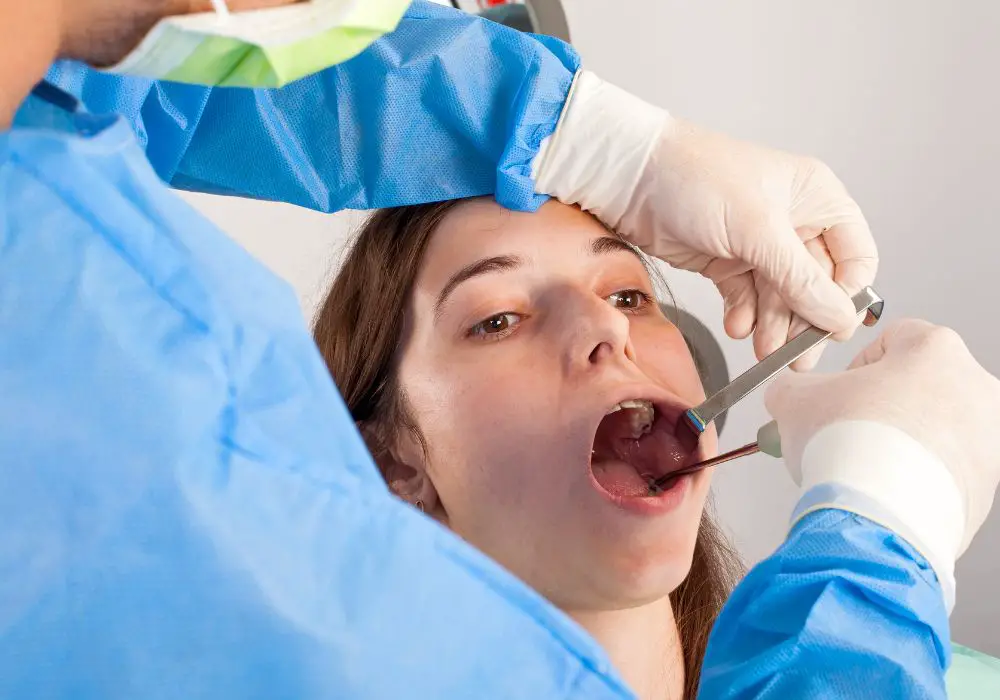
If bread is one of your favorite things to eat, you might be eager to heal and return to your regular diet. While you might not be able to significantly speed up the healing process, as this depends on your body’s physiology, there are certain habits you can pick up to ensure that you have a hitch-free recovery. These include;
1. Oral Care
After your procedure, your dentist will give you instructions on cleaning and caring for your mouth. This often involves staying away from brushing or flossing for at least a day or two and using warm, salt water to rinse your mouth thrice daily.
Avoid using straws, toothpicks, or anything that might puncture the suture site, dislodge your blood clot, or re-open the hole in your gum. You should also guard your mouth and avoid any activities that put you at risk of being hit in the face.
2. Pain Management
Your healthcare expert will most likely prescribe painkillers to help you manage the pain within the first few days. You can also use ice packs to help reduce swelling and ease your pain and discomfort.
When using ice packs, ensure you protect your skin properly, as it may cause ice burns if not handled carefully.
In addition to painkillers, your doctor will also prescribe certain antibiotics. It is important that you carefully follow the dosing instructions as they will help minimize the risk of developing infections as the extraction site heals.
3. Daily Hygiene Practices
Your dentist will encourage you to practice good hygiene once your healing is complete. This includes brushing twice daily, flossing, and limiting sugar intake. These practices will strengthen your teeth and gums, making your healing permanent.
It would also be helpful if you incorporated mouthwashes into your regular oral hygiene routine as they can help to further dislodge trapped food particles from your teeth. Most importantly, ensure you visit your dentist at least once every six months for a general oral check-up. This will help catch any dental problems early on and prevent them from becoming more severe or difficult to treat.
Final Thoughts
Healing from wisdom teeth extraction can take two to seven days, or even more, depending on your body. Within the first few days after the procedure, avoiding tough and chewy food like bread, corn, meat, and the like is best.
Generally, it is recommended that you wait at least five days before introducing food like bread into your diet. When you do, ensure it is soft, plain, and easy to chew.

